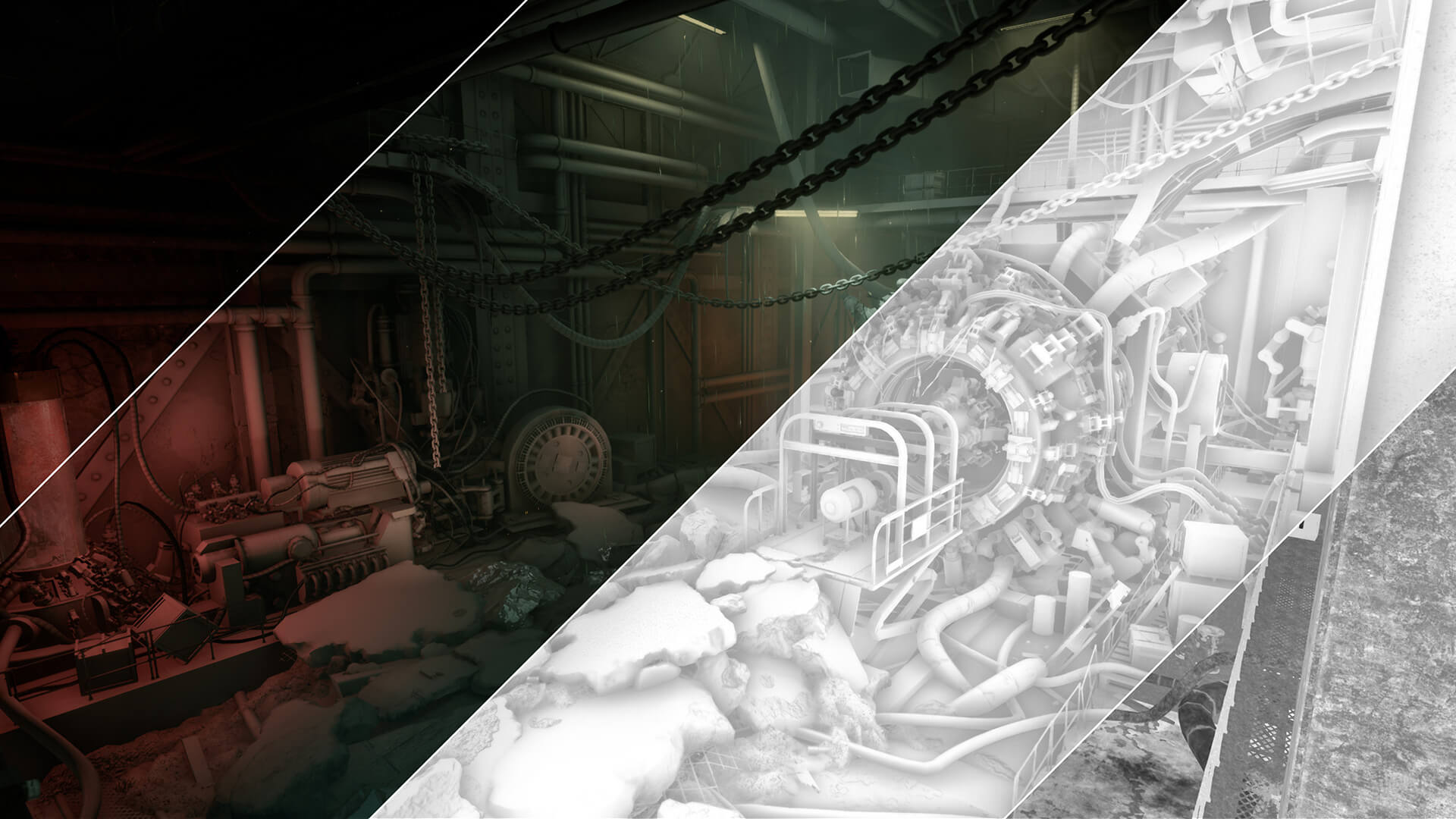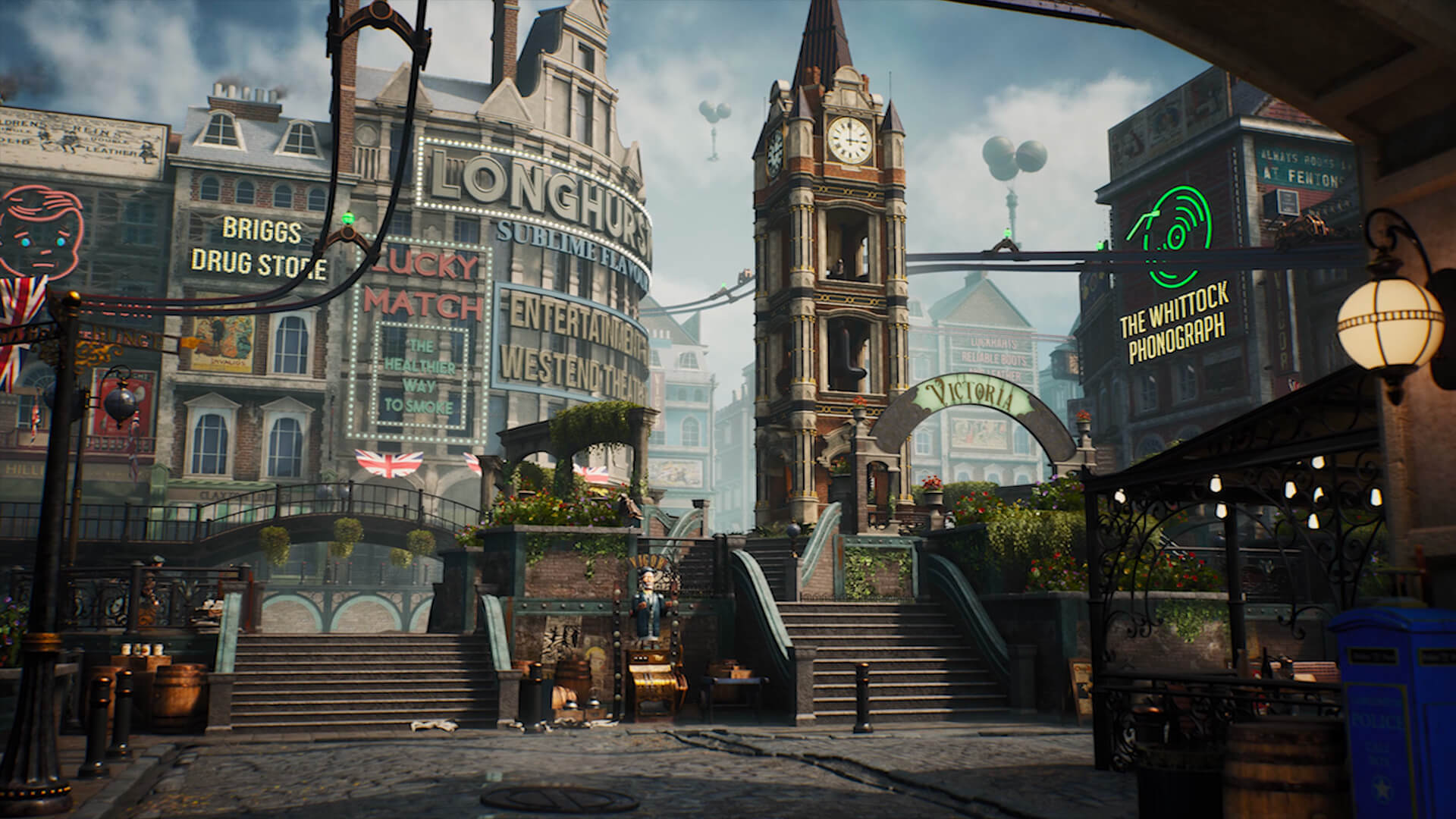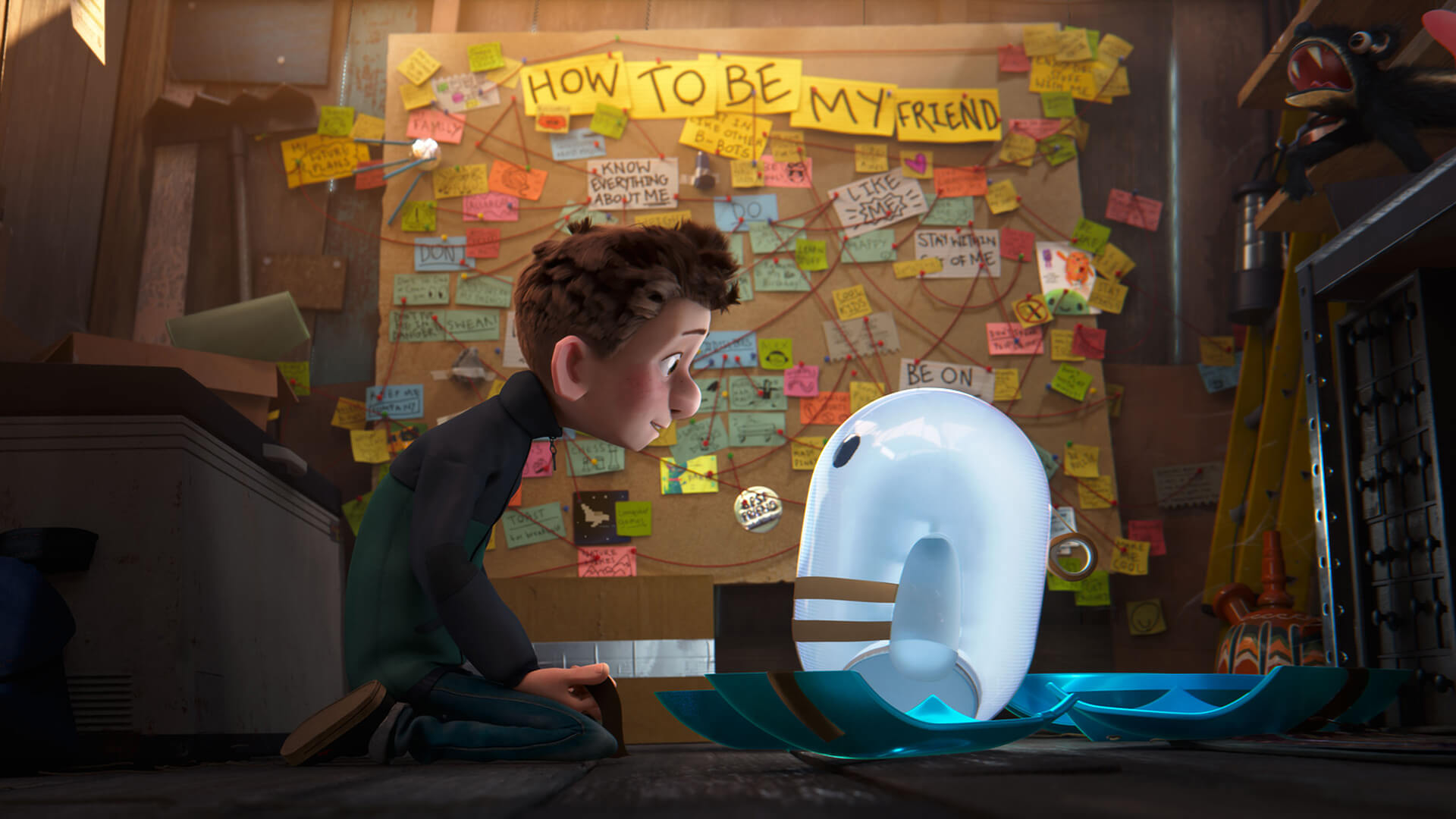2D Game Design (evening - online)
2D Game Design (evening - online)
Course details
Location
Start date
24th September 2025
Duration
10 weeks
Contact Time
Wednesday evenings: 7:00pm - 10:00pm BST
Difficulty
Beginner - no prior experience required
Fees
£950
Course overview
Calling all budding game developers. Join our first Game Design evening course and create your own game in just 10 weeks. This is a zero to hero course and no prior experience is needed.
You'll develop your own game indie game in Godot. Godot is an excellent option for aspiring video game developers, allowing you create both 3D and 2D games using multiple programming languages, such as C++, C# and GDScript.
The course is developed and taught by Glyn Fairweather who has 20+ years' experience working at Jagex, Space Ape Games and Design Director at Fundamentally Games. Our classes are live so our tutor can guide you through the course from creating player mechanics, to level design and game features. You’ll be in a class of budding game designers who can share ideas and make connections.
We don’t just cover game design, but you’ll also get tips and tricks on how to launch your game, exploring marketing, game jams, self-publishing and crowdfunding.
Escape Studios has been a leader in games education for 20 years and we’re excited to bring this new course to students, professionals and hobbyists interested in indie gaming.
Why choose this course
- Create your own game - develop your own indie game in Godot.
- No experience required - this is a zero to hero course and no prior experience is needed.
- Experienced Game Development tutor Glyn Fairweather - Glyn has 20+ years' experience working at Jagex, Space Ape Games and Design Director at Fundamentally Games.
- Live and interactive classes - sessions are live so you can interact with an experienced tutor and fellow budding game designers.
- Flexibility – study live online and, in the evening (UK time), to fit the course around your professional and personal life.
Course modules
Introduction to Indie Development & Game Design
Week 1
- Overview of indie game development and action RPGs
- Ideation exercise – students design a simple concept for their game
- Setting up Godot and creating a new project
- Basic tile map setup for a small environment
- Homework: Write a short game concept.
Godot 1 – The Basics & Player Mechanics
Week 2
- Understanding nodes, scenes, and signals in Godot
- Implementing player movement (4-way movement, basic animations)
- Adding a camera that follows the player
- Creating a small playable area using tile maps
- Simple collision detection with walls and obstacles
- Homework: Refine movement and design your map
Godot 2 – Level Design & Simple Puzzles
Week 3
- Creating a more detailed playable area
- Using tilesets and terrain tool to paint smarter areas
- Adding scene transitions for caves, rooms, dungeons etc.
- Designing basic puzzle elements (pressure plates, locked doors)
- Adding simple environmental interactions (pushable blocks, levers)
- Homework: Expand the level with additional puzzles or secrets.
Early Publishing & Playtesting (Itch.io)
Week 4
- Setting the starting scene.
- Exporting and uploading an early build to Itch.io
- Setting up a basic game page with a description and screenshots
- In-class playtesting and feedback session
- Homework: Gather additional feedback and refine based on suggestions.
Godot 3 – Systems (NPCs, Items, & Shops)
Week 5
- Creating a simple NPC with dialogue options
- Adding an item pickup system (health potions, keys, collectibles)
- Implementing a basic shop system or item trading
- Homework: Add an NPC quest or expand item functionality
Expanding the Game Features
Week 6
- Implementing a UI
- Discussing what features to add next (ranged combat, special attacks, etc.)
- Refining game flow and difficulty balancing
- Feature Scoping
- Homework: Create development plan for future features
Godot 4 – Enemy AI and Combat
Week 7
- Creating a simple enemy with basic movement (patrolling or chasing the player)
- Implementing a basic attack for the player (hitbox, cooldown)
- Adding health and damage for player and enemy
- Simple feedback effects (flashing on hit, basic sounds)
- Homework: Balance combat and add another enemy type.
Marketing & Itch.io Optimization
Week 8
- Improving the Itch.io game page with better descriptions and visuals
- Creating a simple promotional GIF or video trailer
- Strategies for sharing the game and gathering more feedback
- Homework: Apply improvements to the game page, put yourself out there.
Godot 5 – Polish & Game Feel Adjustments
Week 9
- Improving movement, combat, and interactions for better game feel
- Adding final polish (sound effects, animations, screen shake)
- Performance optimizations (reducing lag, fixing major bugs)
- Homework: Finalize game build for last session
Continued Development & Crowdfunding
Week 10
- Optimize Itch pages
- Discussion on next steps: expanding, game jams, self-publishing
- Overview of crowdfunding (Kickstarter, Patreon) and best approaches to publisher pitching
- Class reflection: challenges, lessons learned, and future plans.
More information
Entry requirements
Minimum requirements
We welcome and encourage applications from students with a variety of backgrounds, experiences and perspectives.
To study this short course, you must:
- Be over 18
- Have a good understanding of written and spoken English (we recommend a B2 level)
- Feel comfortable using a computer.
If you’d like to discuss your circumstances before applying, contact us!
Online study requirements
You will need:
- Dual monitor setup is recommended
- A strong internet connection
- Cloud storage or external hard drive to back up your work, 1TB+ recommended
- A three-button mouse or graphics tablet.
- A computer microphone and webcam
- Note-taking materials.
If you have any questions about learning online or if you need help with what to buy, get in touch at hello@escapestudios.ac.uk.
How to apply
To apply, complete the relevant online application form linked below:
Our Admissions Team will get in touch to take you through the next steps.
If you have any questions about your application or our entry requirements, get in touch!
As part of the application process, you will need to agree to our terms and conditions for your place on the course to be secured.
Fees and funding
Fees
Live online: £950
Payment plans
We offer payment plan options for all courses. Following an initial deposit at registration stage, your chosen payment plan will break down your remaining fees into up to three instalments, to be paid before the end of the course.
Visit our admissions page for any questions about fees, funding and payment plans.
Teaching and learning
We pack a lot into our evening - online classes, and we recommend that you work outside of classes for an extra few hours per week to get the most from the course. The course is taught live, and you’ll need to attend weekly online sessions. Sessions are recorded so you can lookback and review outside of scheduled classes.
Software
- Godot
Career opportunities
You’ll leave with an Escape Studios Certificate of Completion and your own indie game.
Check out our Careers Guide for more information about career opportunities and progression routes.
)
)
)
Meet our industry-experienced tutors
Our tutors have industry experience and are experts in their fields, including certified trainers for Unreal Engine, Autodesk and Houdini. They've worked at studios such as Walt Disney, EA and Framestore, on credits including Doctor Strange, Kingsman and Bond: Spectre.


